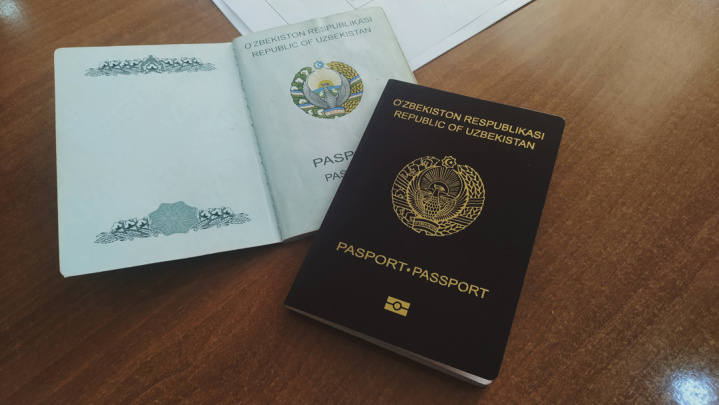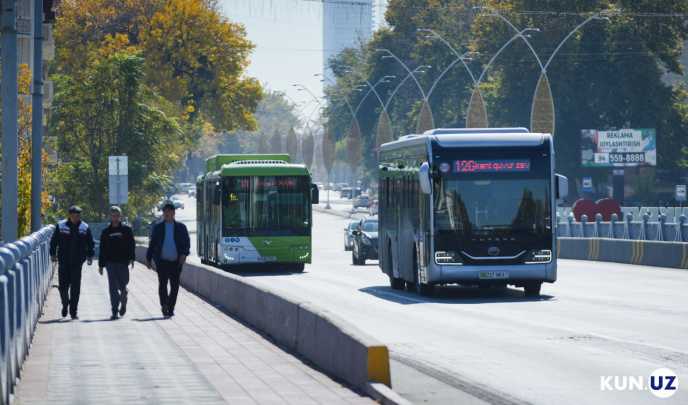This was stated by Aziz Baratov, an expert at the Institute of Social and Economic Initiatives of Uzbekistan, during the first forum of think tanks in Central Asia, which was held by the PaperLa research center, Exclusive reports.
According to Aziz Baratov, there are more than 10 think tanks in Uzbekistan, 90% of them are pro-government.
“They are organized just to exist. And a certain decision of local authorities can be influenced by criticism of bloggers who form public opinion,” Baratov said.
According to him, in Uzbekistan, as well as in Kazakhstan, the concept of “hearing state” is being implemented.
The expert also said that in Kazakhstan, there is the same adviser as in Uzbekistan - Suma Chakrabarti. On September 14, 2020, by order of the President of Kazakhstan, Suma Chakrabarti was appointed as a freelance adviser to the President of the Republic of Kazakhstan on economic development.
However, Kazakh analyst Ruslan Izimov spoke out against hiring expats in this matter.
In his opinion, external consultants do not understand the specifics of the country, and none of them will give a better picture of the current situation than local civil society, think tanks and the population.
“Unfortunately, internal structures do not listen. But if the conditional Chakrabarti voices a recommendation, then this immediately increases its value, although domestic experts say the same thing. I think that in the desire to attract an external consultant there is a psychological moment when someone from the outside comes and gives a super recipe,” he said.
According to Izimov, the situation in this area is already changing.
“A national council of public trust has been created, hearings are being held. All this is an attempt to better understand the needs of society, to make the state listening. But, again, the whole system was formed by people who have been in prison for many years and are not used to working according to the new rules. However, the first step towards solving the problem – recognizing its existence – has already been taken,” the analyst concluded.






